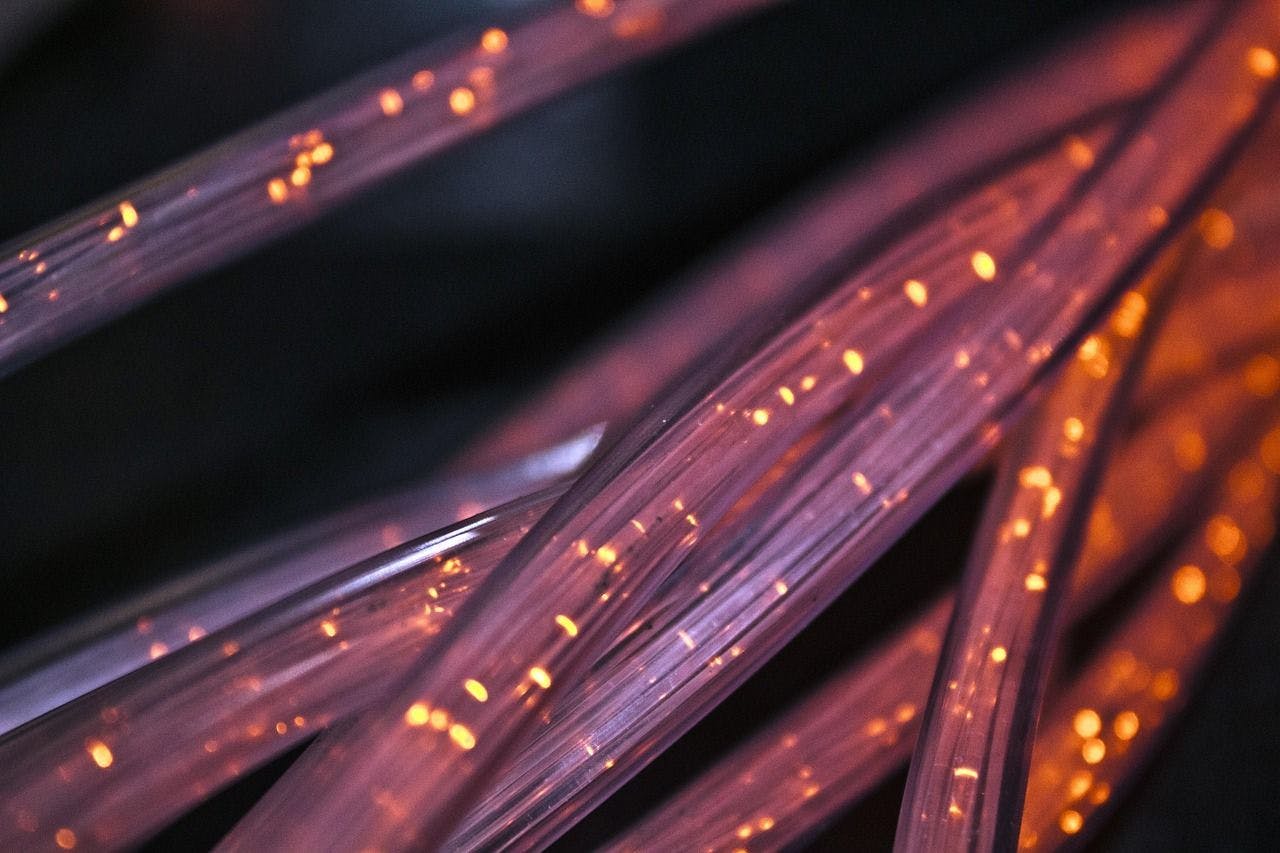1. Introduction
In the context of blockchain technology, a blockchain node is a fundamental component that forms the backbone of any blockchain network. Based on the Pasifika Web3 Tech Hub infrastructure, blockchain nodes are essentially computers that process data, monitor conditions, and support the network by participating in the validation with verification of transactions and blocks.
Nodes are critically important for blockchain networks because they create the decentralized infrastructure that makes blockchains resilient and trustworthy. Unlike traditional centralized systems where a single entity controls all operations, blockchain networks distribute control across numerous nodes operated by different participants.
In the Pasifika Web3 Tech Hub’s DePIN (Decentralized Physical Infrastructure Network) model, nodes help secure and maintain the blockchain by:
- Processing transactions related to data, digital content, traditional knowledge, handicrafts, and local produce
- Maintaining a synchronized copy of the blockchain ledger
- Enforcing the rules and protocols of the network
- Contributing to the consensus mechanism that validates new transactions
- Supporting physical and digital infrastructure development that benefits Pacific Island communities
2. Types of Blockchain Nodes
The Pasifika Web3 Tech Hub’s constitution acknowledges several types of node operators within the ecosystem:
Personal Computer Nodes
These are standard nodes operated by individuals on personal computers, processing data, monitoring conditions, and supporting the network. These form the basic infrastructure of the Pasifika blockchain.
Local Distribution Hubs
These specialized nodes serve as physical centers connecting remote communities to the blockchain network, ensuring inclusivity even in areas with limited technological access.
Craft Documentation Centers
These specialized facilities act as nodes for digitizing traditional crafts and uploading them to the blockchain as dynamic NFTs, preserving cultural heritage while enabling artisans to monetize their work.
Full Nodes vs. Light Nodes
While not explicitly mentioned in the Pasifika constitution, blockchain networks typically include:
- Full nodes: Store the entire blockchain and verify all transactions and blocks
- Light nodes: Store only block headers and rely on full nodes for complete verification
- Mining/Validator nodes: Participate in consensus mechanisms like Proof of Work or Proof of Stake
Node Operators and IoT Sensor Networks
The Pasifika ecosystem integrates node operators with IoT sensor networks for collecting physical data that updates dynamic NFT states, particularly useful for agricultural products and environmental monitoring.
3. How Blockchain Nodes Process Transactions
In the Pasifika Web3 Tech Hub ecosystem, nodes play a critical role in processing various types of transactions:
Verification and Storage Process
- When a transaction is initiated (such as listing traditional handicrafts or agricultural products as dynamic NFTs), it is broadcasted to the network
- Node operators receive the transaction and verify its validity by checking:
- Metadata completeness and accuracy
- Cultural appropriateness (for traditional knowledge and artifacts)
- Quality standards and authenticity
- Smart contract terms and conditions
- Once verified, the transaction is added to a block
- The block is validated through the consensus mechanism
- After validation, the block is added to the blockchain
- Node operators update their copy of the ledger
Consensus Mechanisms
While the specific consensus mechanism isn’t detailed in the Pasifika constitution, the blockchain operates on a Layer-2 technology, suggesting it may use a more efficient consensus mechanism rather than the traditional Proof of Work:
- Proof of Stake (PoS): Node operators stake PASIFIKA tokens to validate transactions, creating an energy-efficient alternative aligned with the DAO’s environmental stewardship value
- Validator Approval: The document mentions validators who review and certify quality, authenticity, and cultural appropriateness
- Token-Based Governance: Voting power is determined by token holdings and staking duration
- Quadratic Voting: The system employs mechanisms to ensure fair representation
4. Managing Blockchain Nodes: Challenges and Solutions
Running node infrastructure comes with significant challenges, particularly in the Pacific Island context:
Challenges
- Technical Knowledge Requirements: Operating nodes requires specialized technical skills
- Infrastructure Limitations: Internet connectivity and reliable electricity can be challenges in remote island communities
- Hardware Requirements: Operating full nodes requires substantial computing resources
- Energy Consumption: Traditional blockchain nodes can consume significant energy
- Cultural Integration: Balancing technical operations with cultural respect and appropriate protocols
Pasifika’s Solutions
The Pasifika Web3 Tech Hub addresses these challenges through several innovative approaches:
- Technical Capacity Building:
- Training programs for local token operations and management
- Education initiatives for blockchain and cryptographic skills
- Support for Pacific Islander developers and technical contributors
- Documentation and knowledge resources in local languages
- Sustainable Infrastructure:
- Distributed token validation across Pacific Islands to ensure decentralization
- Renewable energy sources (solar, hydro) prioritized for all operations
- Low impact blockchain technology (Layer-2 solutions)
- Local Distribution Hubs:
- Physical centers in communities to bridge technical gaps
- Localized support for node operators
- Cultural Integration:
- Island-specific node operator optimizations
- Community validation of cultural appropriateness
- Integration of traditional knowledge with node operations
5. Conclusion
Nodes are absolutely essential to blockchain technology because they embody the core principles of decentralization, transparency, and community ownership. In the Pasifika Web3 Tech Hub’s ecosystem, nodes not only support the technical infrastructure but also help preserve cultural heritage, promote sustainable agriculture, and empower Pacific Island communities.
The future evolution of node infrastructure in systems like Pasifika’s might include:
-
Increased Specialization: Nodes with specific functions for cultural validation, agricultural tracking, or environmental monitoring
-
Greater Sustainability: Further improvements in energy efficiency through advanced consensus mechanisms
-
Enhanced Accessibility: More user friendly node operation to lower barriers to participation
-
Cultural Integration: Deeper alignment of node operations with indigenous knowledge systems
-
AI Integration: The Pasifika constitution mentions AI agent infrastructure for market operations, suggesting nodes may increasingly incorporate AI capabilities
-
IoT Expansion: More extensive integration with sensors and physical infrastructure
As the Pasifika Web3 Tech Hub demonstrates, blockchain nodes can go beyond technical infrastructure to become tools for community empowerment, cultural preservation, and sustainable development. By democratizing access to blockchain technology through distributed node networks, communities can build systems that honor their values while embracing technological innovation.










